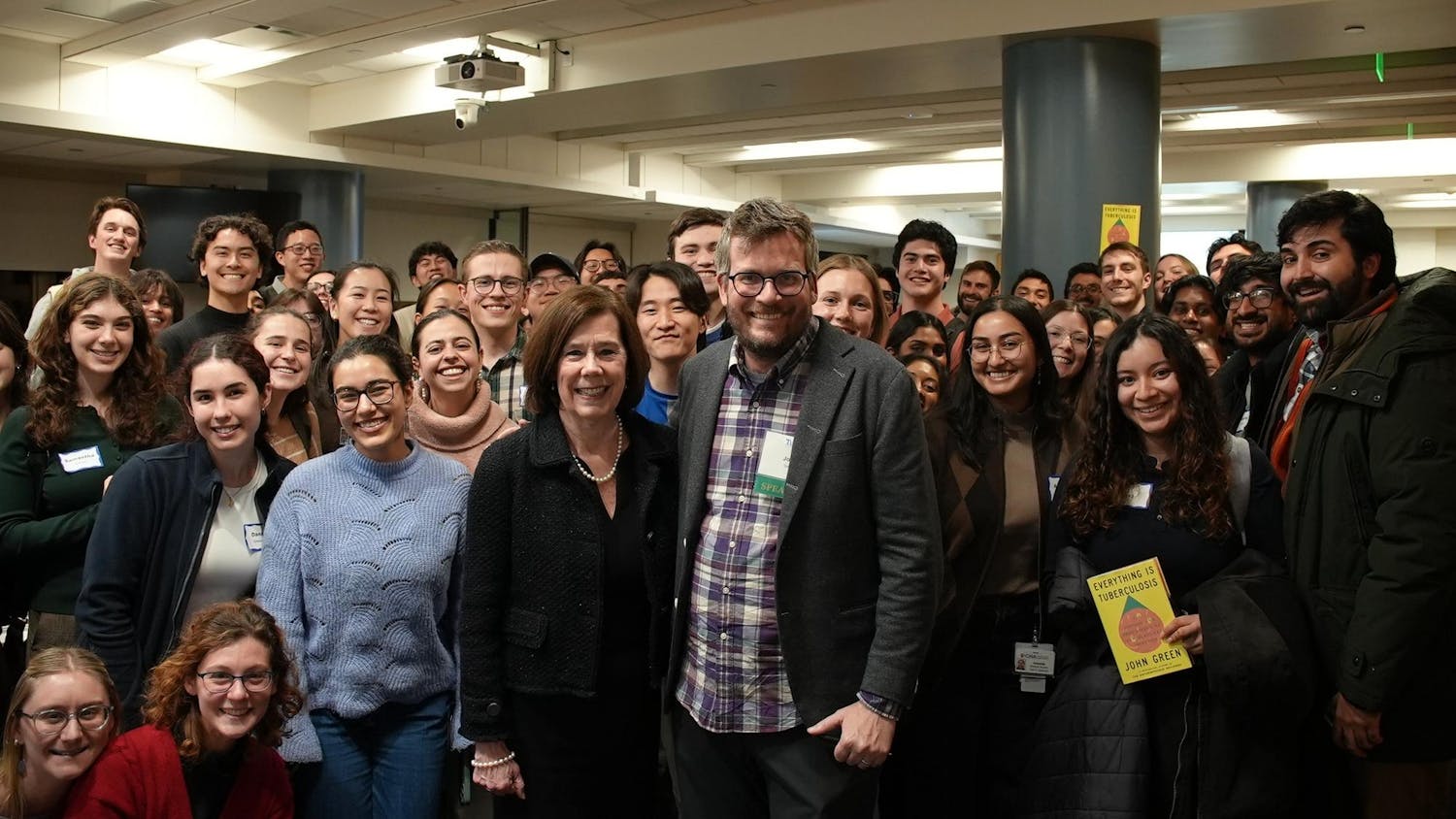Once upon a time, there was a man named Zhuangzi who lived and wrote in China in approximately the third century B.C. According to legend, one night the great Daoist thinker fell asleep and began to dream vividly. In the dream, he was a butterfly, a joyful creature who moved from here to there, flying where it pleased, unaware of being Zhuangzi. He awoke, sleepy, and discovered he was Zhuangzhi again. The most famous quote from this story comes from the reflection on his personal state that followed: “Now I do not know whether I was then a man dreaming I was a butterfly, or whether I am now a butterfly, dreaming I am a man.”
He continues: “But there must be some difference between them! This is called 'the transformation of things,'” and that’s the end of it. Clearly this is more than a simple recollection of a nap, a funny little recap his housemates were forced to listen to over breakfast. The nearest philosophical armchair one could reach for to understand is the one in which Descartes sits by the fire, pondering his own dreams and the questionable distance between wakefulness and sleep. Older, more experienced philosophers may sigh at this, tired of these simple investigations. Sure, the dream world is powerful, the illusion so complete that at times it feels uncannily like the waking state. Just last night, I was aware in my unconscious state, moving around my mind’s invented world with intention. But the questioning doesn’t seem particularly useful — how can one ever know for sure whether they are awake or asleep? The question is valid, the confusion real, but it eludes a definite answer.
As readers, we dutifully googleZhuangzi, and if we look at his image we find he is not, at least according to historical record, a butterfly. It seems as though he was convinced for a moment there that the concreteness of his identity was in doubt, but his humanity is pretty well-documented. Still, the story is meaningful, its shadow echoes in a way that cannot be ignored. What does he mean 'this is the transformation of things'? What transforms into what? So my waking state becomes a dream and then returns, but why does this matter? What durable awareness sees me through the change?
Perhaps questions like Zhuangzi’s are interesting not because they lead to answers that point directly to meanings to be harvested but because they generate internal thought and reflection on the nature of our experience. The kind of internal motion that neither requires you to be a sleeping philosopher in the Warring States period nor a butterfly to experience and understand it. Perhaps his story is compelling because it’s imprecise and meant to show the shifting nature of awareness. Maybe falling asleep into a dream and coming back to tell the tale equates to a kind of new awakening, whereby you come to see that the butterfly flies down below in a story someone told long ago but also it flies continuously through us, over and over, joyful and free even in this moment.
More from The Tufts Daily
The Full Court Press: Rooting for the red, white, blue
By
Noah Goldstein
| February 20
Serve & Survey: Emotionally editing humanity
By
Jaylin Guzman
| February 20





